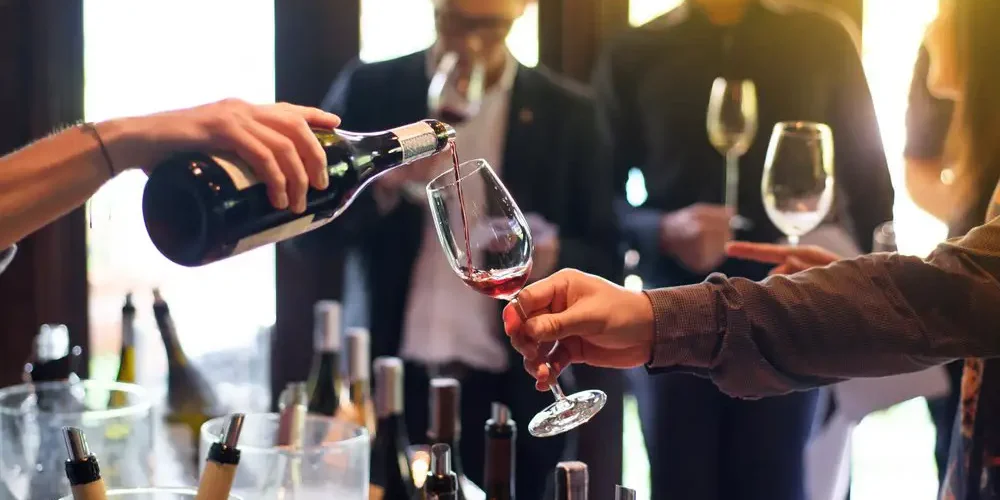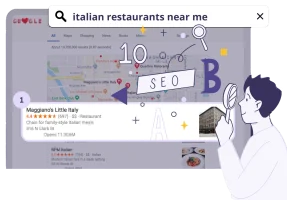Prioritising your patrons’ security and welfare is essential if you want to be seen as a reputable restaurant owner. One of the challenges you may encounter is dealing with customers who are drunk. In addition to being required by law, serving alcohol to people who are over the limit is also morally wrong.
In this post, we’ll look at practical methods for spotting and dealing with intoxicated customers to maintain a welcoming and secure environment for everyone. Let’s start now!
The importance of responsible alcohol service

Before we get into the mechanics of spotting and handling drunk patrons, let’s understand the importance of following appropriate alcohol service procedures, to:
Keep the workplace secure for both the personnel and the customers.
Respect the rules and obligations of the law.
Defend your reputation and avert potential legal problems.
Encourage sensible drinking practices and stop accidents caused by alcohol.
Recognising intoxication symptoms
Speech slurring and poor coordination, stumbling or unsteady movements.
Watery or bloodshot eyes with reduced speed of reaction.
Noisy, disruptive conduct, often angry or hostile.
Inability to concentrate or keep up with conversations, repeating inquiries or comments.
Too cordial or unrestrained conduct, with speech that makes no sense at all.
Interaction and communication techniques

Teach your personnel to watch out for symptoms of intoxication on customers.
Monitor your clients’ actions, voice and looks on a regular basis.
Engage in cordial, non-confrontational interactions with customers.
Start a discussion with them to determine how drunk they are.
Don’t humiliate or disgrace intoxicated clients in front of others.
Respectfully and discretely handle the problem.
How to handle drunk customers
Your personnel should receive training on how to gently and firmly decline serving inebriated people.
Make sure they are aware of the legal ramifications and penalties of continuing to assist these people.
Give drunk consumers non-alcoholic drinks or meal suggestions.
Provide aid to inebriated clients by setting up transportation or getting in touch with a sober friend or relative.
Make sure your staff is prepared to handle these circumstances with sensitivity and comprehension.
3 Ways a restaurant reservation system can help
Using a restaurant booking system can be quite helpful in controlling inebriated patrons:
1. You can gather customer data, such as contact details – handy if you ever need to get in touch with a customer or their emergency contact.
2. You can highlight a customer’s past intoxication-related behaviour in their reservation profile. This acts as a warning to your personnel to use caution while interacting with that person.
3. You can properly regulate the flow of clients and avoid crowding. This lessens the possibility of overserving and aids in maintaining a controlled environment.
An essential component of providing responsible alcohol service in the restaurant sector is recognising and dealing with intoxicated patrons. You can make everyone’s experience safer and more pleasurable by teaching your personnel to spot the signs of intoxication, putting in place efficient communication tactics, and managing intoxicated clients as needed.
Don’t forget that using a restaurant reservation and management system can help you run a trustworthy, organised business. If you adopt these procedures, your restaurant will prosper as a responsible and reputable player in the hospitality sector.

Unlock the tips that will help you stand out from the crowd and get more bookings!

Learn how to save time, reduce stress and fill your restaurant while you sleep!

Stephanie Paris
Gen-Z marketing coordinator bringing fresh energy to web and graphic design, with a weekend habit of chasing adventure.

Stephanie Paris
Gen-Z marketing coordinator bringing fresh energy to web and graphic design, with a weekend habit of chasing adventure.









